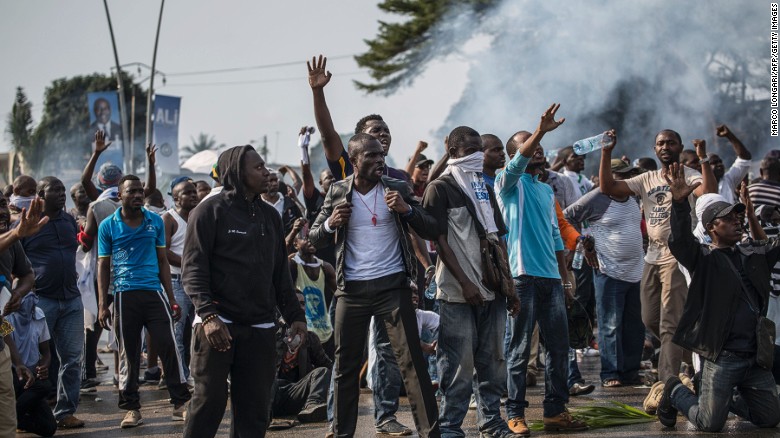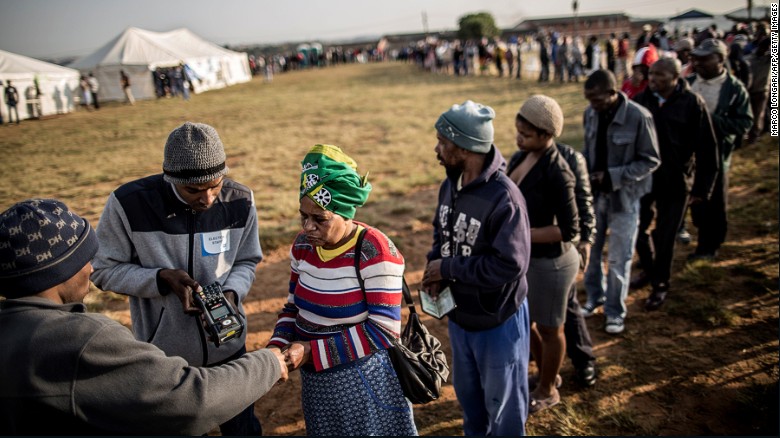
Threats, bribes and stuffed ballot boxes may sound like a political drama, but these are all real issues that Africans face during national elections, a public opinion study has revealed.
The results, published by pan-African research institute Afrobarometer paint a dire picture of trust in the democratic process on the continent, where less than half (44%) of people across the 36 countries surveyed say they trust their national electoral commission only somewhat or a lot.
'Alarming numbers'
Take Gabon for example, which has seen post election protests and unrest this month after opposition leader Jean Ping lost by less than 6,000 votes.
There, 51% have no trust at all in their election commission, and a mere 25% say they trust them a lot or somewhat.
"Those are all very alarming numbers and, it shows an extreme lack of confidence," Penar says.
The survey was based on face-to-face interviews with between 1,200 and 2,400 people in each of the 36 countries.
While individuals' responses are not published, the researchers have identified a number of key factors contributing to the lack of trust.
How much for your vote?
Bribery is commonplace in some countries, the study showed.
The practice is illegal, and so rather than asking people whether they have accepted bribes, researchers posed the more indirect question of how often people in the country face bribery around election time.
On average, 43% of Africans said people are often or always bribed, with nearly 70% saying voters were bribed at least sometimes.
Threats of violence at the polls
Voter intimidation is also key, the researchers found, with 44% of those surveyed saying they are sometimes, often or always threatened with violence when voting.

No comments:
Post a Comment